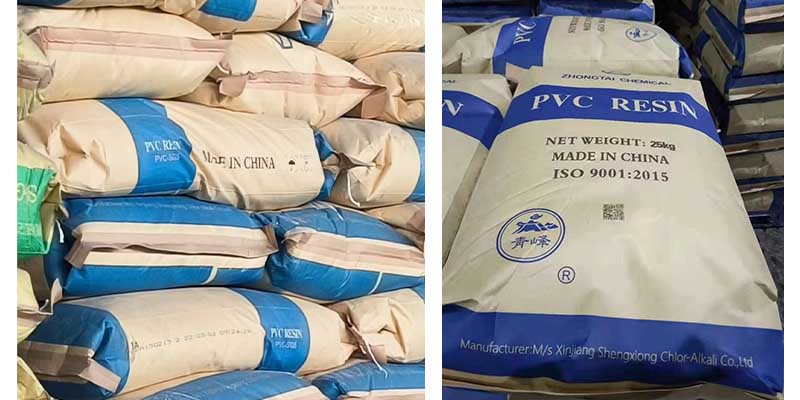Polyvinyl chloride (PVC) is a versatile synthetic polymer widely used in various applications due to its unique properties. PVC is produced through the polymerization of vinyl chloride monomers. This process involves the combination of vinyl chloride molecules, typically derived from natural gas or petroleum, under controlled conditions of temperature and pressure, resulting in long chains of PVC molecules.
One of the primary functions of PVC is as a building material, particularly in the construction industry. It is commonly used in pipes, fittings, and conduits for both indoor and outdoor plumbing and drainage systems. Its durability, chemical resistance, and relatively low cost make it an ideal choice for these applications. Additionally, PVC is utilized in the production of window frames, siding, roofing materials, and flooring due to its weather resistance and insulation properties.
Another significant application of PVC is in the manufacturing of various consumer goods, including packaging materials, toys, medical devices, and automotive parts. PVC's versatility allows it to be easily molded and shaped into different forms, making it suitable for a wide range of products. Its ability to withstand harsh environmental conditions, such as exposure to sunlight and moisture, contributes to its popularity in outdoor applications.
One of the key advantages of PVC is its cost-effectiveness compared to alternative materials such as metal or wood. PVC products are generally lightweight, which reduces transportation costs and facilitates easier installation. Furthermore, PVC is resistant to corrosion, rot, and insect damage, leading to long service life and minimal maintenance requirements.
However, it is essential to note that PVC production and disposal can have environmental implications. The manufacturing process involves the use of chlorine, which can release toxic by-products such as dioxins if not properly controlled. Additionally, PVC is not readily biodegradable, posing challenges for waste management and recycling efforts.
In recent years, efforts have been made to develop more sustainable alternatives to traditional PVC formulations, such as bio-based or recycled PVC, to mitigate environmental concerns. Despite these challenges, PVC remains a widely used and indispensable material in various industries due to its excellent combination of performance, versatility, and cost-effectiveness.
